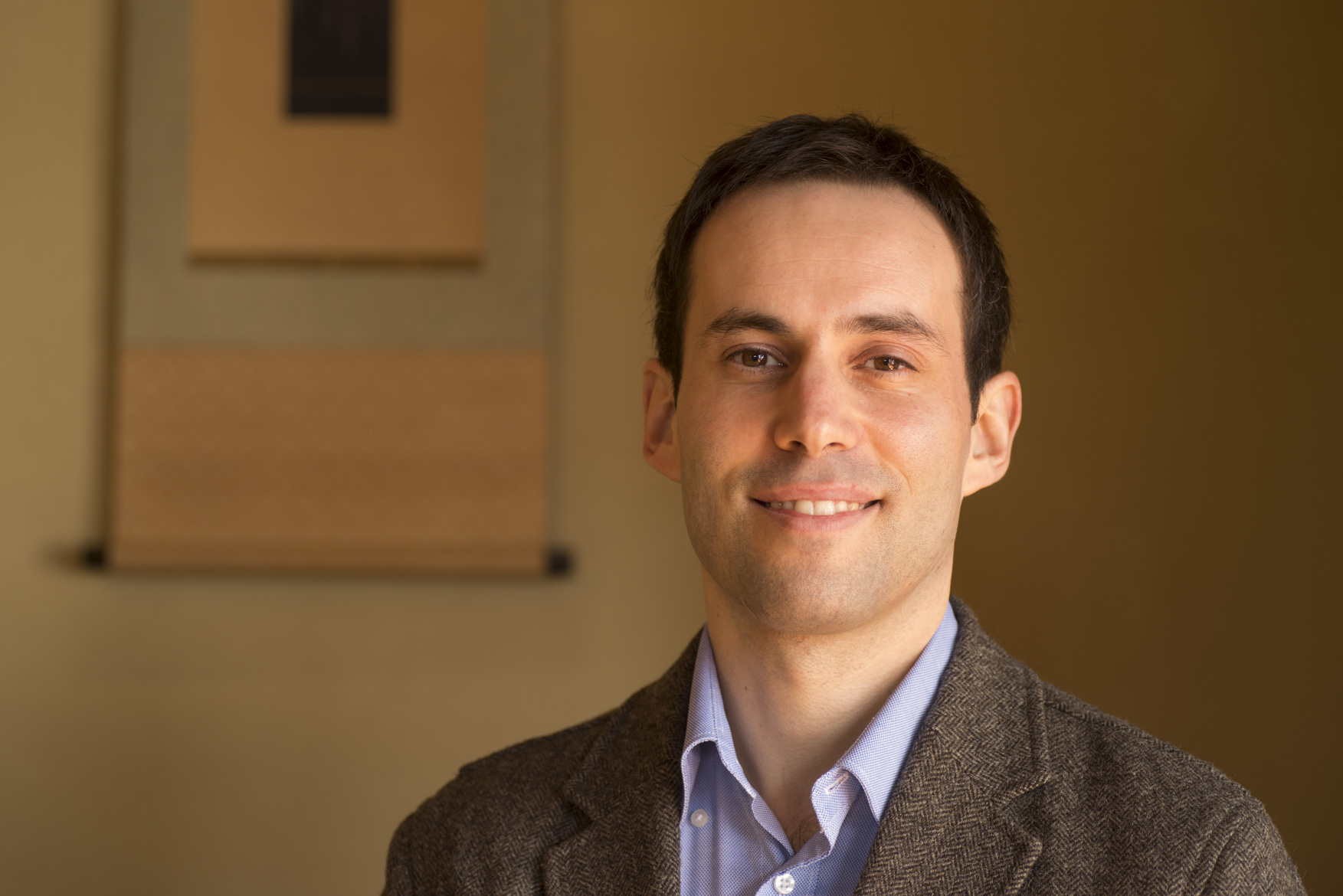
Marc-Henri Deroche is Associate Professor in Buddhist studies and cross-cultural philosophy at Kyoto University (GSAIS, Shishu-Kan), specialized in the philosophy of the mind-body and theories of meditation according to the Tibetan tradition of Dzogchen (“the Great Perfection”). Born in France, he received his Ph.D. (2011) in Asian studies (École Pratique des Hautes Études, Paris) with a dissertation and forthcoming book (Une quête tibétaine de la sagesse: Prajñāraśmi (1518-1584)) on ecumenism in Tibet according to the threefold model of wisdom: “listening, reflection and cultivation.” He was main editor of Revisiting Tibetan Religion and Philosophy (2012), and as grantee of the scholarship of the Japanese Ministry of Education (MEXT), he has also researched in the Department of Buddhist studies at Kyoto University from 2008 to 2013. In 2013, he was appointed as Hakubi Assistant Professor in Buddhist studies at Kyoto University and has since then mainly published on the philosophy of the mind-body in Dzogchen (in particular: Revue d’Etudes Tibétaines 33, 44, etc.). Since 2012, he has become a collaborator with the Mind & Life Institute, especially co-organizing the 2014 Dialogue with H.H. the Dalai Lama in Kyoto. In 2015, he took his current academic position. His research now focuses on mindfulness and meta-awareness at the junction of Eastern and Western classical traditions, and cognitive and life sciences, while keeping a specialization on Dzogchen (JSPS Grant No. 17K13328, 2017-2020). Inspired by French philosopher Pierre Hadot and Kyoto School thinkers, his work tries to elucidate the lived articulations between philosophical reasoning and contemplative practice.


